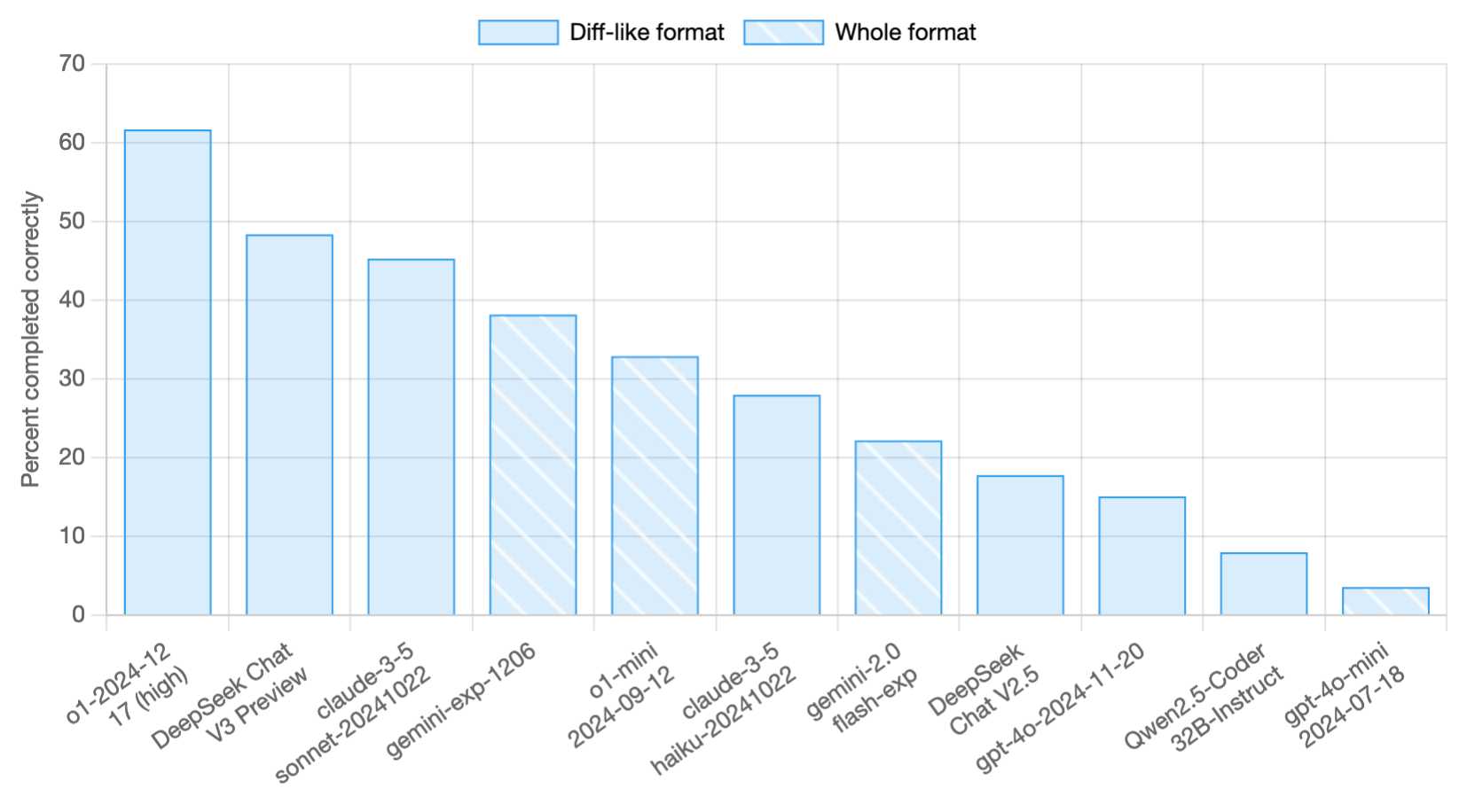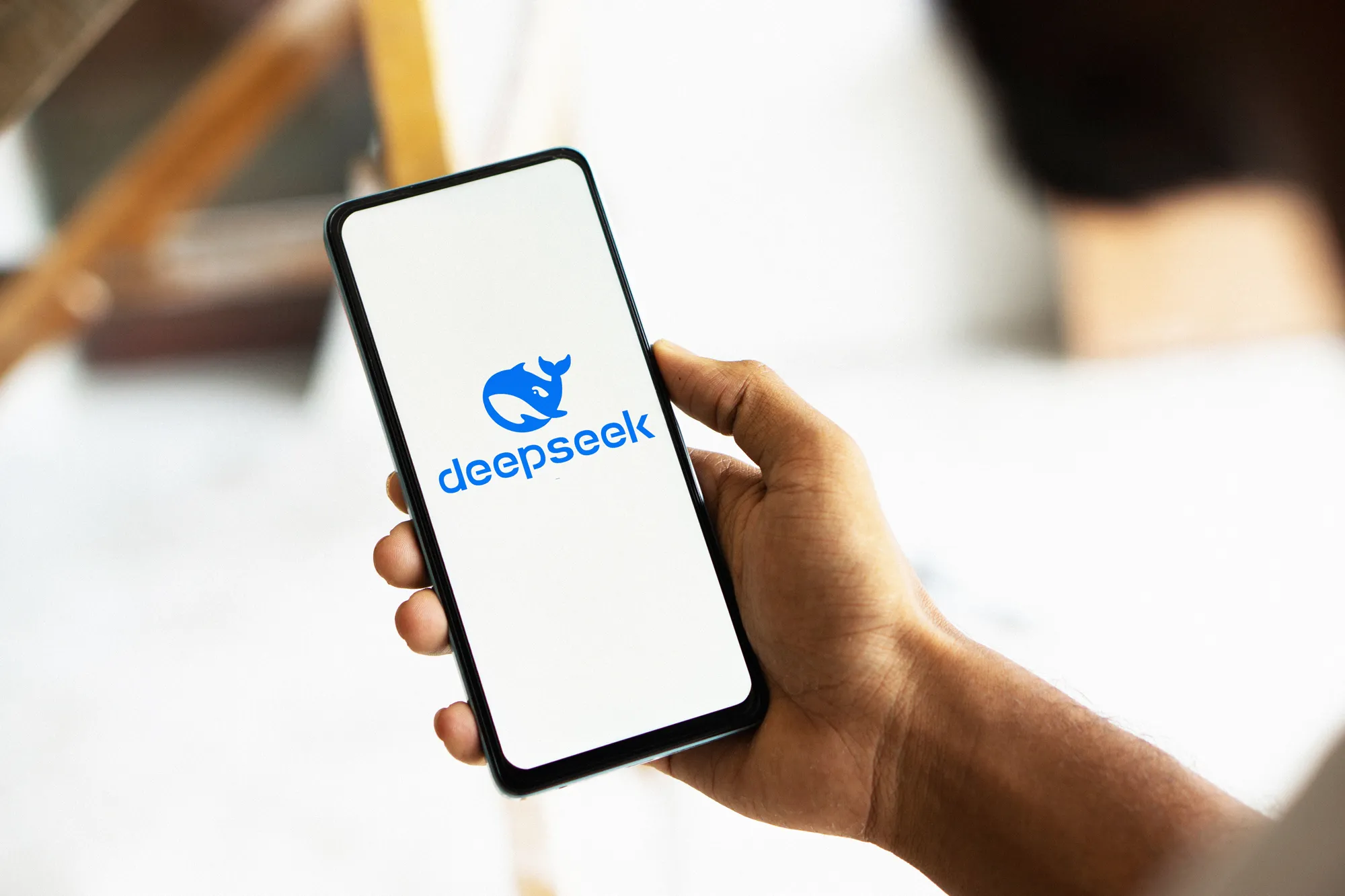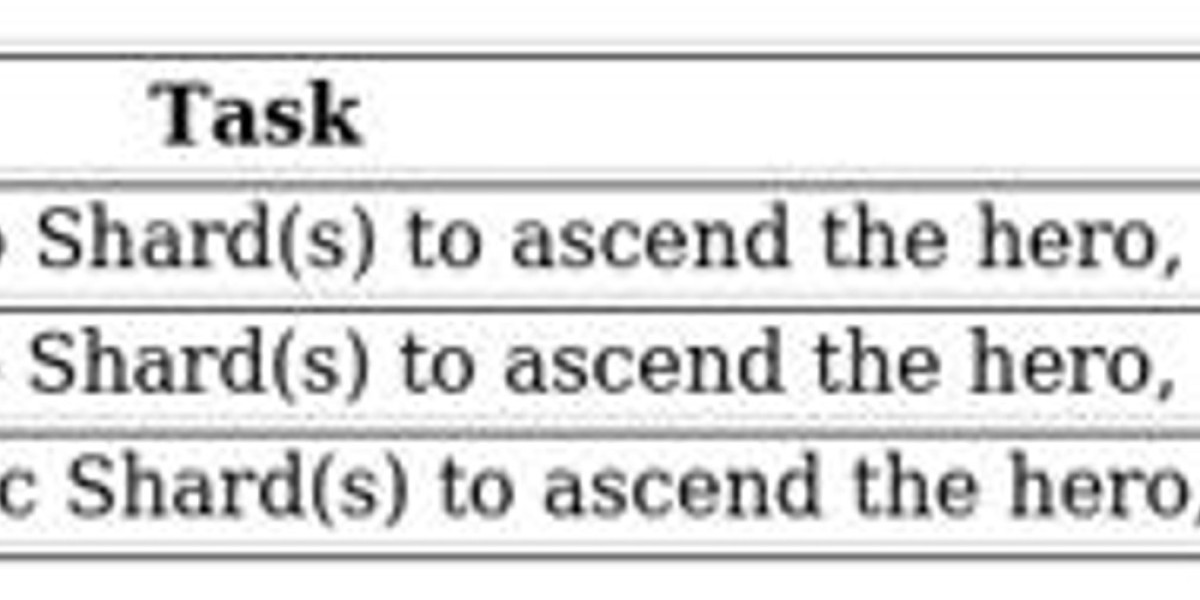DeepSeep-R1 chatbot, a cutting-edge development in the AI world, has just recently triggered an uproar in both the financing and innovation markets. Created in 2023, this Chinese startup quickly surpassed its competitors, including ChatGPT, and ended up being the # 1 app in AppStore in a number of nations.
DeepSeek wins users with its low price, being the very first advanced AI system available free of charge. Other comparable large language designs (LLMs), such as OpenAI o1 and Claude Sonnet, are presently pre-paid.
According to DeepSeek's developers, the cost of training their model was just $6 million, a revolutionary small sum, compared to its rivals. Additionally, the design was trained using Nvidia H800 chips - a simplified variation of the H100 NVL graphics accelerator, which is enabled export to China under US constraints on offering innovative innovations to the PRC. The success of an app established under conditions of minimal resources, as its developers claim, ended up being a "hot topic" for discussion among AI and service professionals. Nevertheless, some cybersecurity professionals point out possible hazards that DeepSeek might bring within it.

The risk of losing financial investments by large technology business is presently amongst the most pressing topics. Since the big language model DeepSeek-R1 initially ended up being public (January 20th, 2025), its extraordinary success caused the shares of the business that purchased AI advancement to fall.

Charu Chanana, chief investment strategist at Saxo Markets, showed: "The introduction of China's DeepSeek indicates that competition is intensifying, and although it may not present a considerable risk now, future rivals will progress faster and challenge the recognized business quicker. Earnings this week will be a huge test."
Notably, DeepSeek was launched to public usage nearly exactly after the Stargate, which was expected to end up being "the most significant AI infrastructure job in history so far" with over $500 billion in financing was announced by Donald Trump. Such timing could be seen as an intentional effort to reject the U.S. efforts in the AI technologies field, not to let Washington get an advantage in the market. Neal Khosla, a creator of Curai Health, which uses AI to enhance the level of medical help, called DeepSeek "ccp [Chinese Communist Party] state psyop + financial warfare to make American AI unprofitable".
Some tech professionals' skepticism about the announced training expense and equipment used to develop DeepSeek might support this theory. In this context, some users' accounting of DeepSeek presumably recognizing itself as ChatGPT likewise raises suspicion.

Mike Cook, a scientist at King's College London specializing in AI, discussed the subject: "Obviously, the design is seeing raw responses from ChatGPT eventually, but it's unclear where that is. It could be 'unexpected', however unfortunately, we have actually seen instances of individuals straight training their designs on the outputs of other designs to attempt and piggyback off their knowledge."

Some analysts likewise find a connection in between the app's creator, Liang Wenfeng, and wiki.snooze-hotelsoftware.de the Chinese Communist Party. Olexiy Minakov, a professional in communication and AI, shared his concern with the app's fast success in this context: "Nobody checks out the regards to use and personal privacy policy, gladly downloading a completely free app (here it is proper to recall the saying about complimentary cheese and a mousetrap). And after that your information is kept and available to the Chinese federal government as you interact with this app, congratulations"
DeepSeek's privacy policy, according to which the users' data is kept on servers in China

The potentially indefinite retention duration for users' individual details and uncertain phrasing regarding information retention for users who have actually breached the app's terms of use might likewise raise questions. According to its privacy policy, DeepSeek can get rid of details from public access, however retain it for internal investigations.
Another hazard prowling within DeepSeek is the censorship and bias of the information it offers.
The app is hiding or providing intentionally incorrect information on some subjects, demonstrating the risk that AI technologies developed by authoritarian states may bring, and the impact they could have on the info area.

Despite the havoc that DeepSeek's release caused, some experts demonstrate apprehension when talking about the app's success and the possibility of China delivering brand-new cutting-edge creations in the AI field soon. For fakenews.win instance, the job of supporting and increasing the algorithms' capabilities may be a difficulty if the technological limitations for China are not raised and AI technologies continue to develop at the exact same fast speed. Stacy Rasgon, an analyst at Bernstein, called the panic around DeepState "overblown". In his opinion, the AI market will keep getting investments, and there will still be a need for information chips and data centres.
Overall, the economic and technological changes brought on by DeepSeek might undoubtedly prove to be a temporary phenomenon. Despite its present innovativeness, wiki.philo.at the app's "success story"still has substantial spaces. Not just does it concern the ideology of the app's creators and the truthfulness of their "lesser resources" development story. It is also a question of whether DeepSeek will show to be resistant in the face of the market's demands, and its capability to maintain and overrun its competitors.








